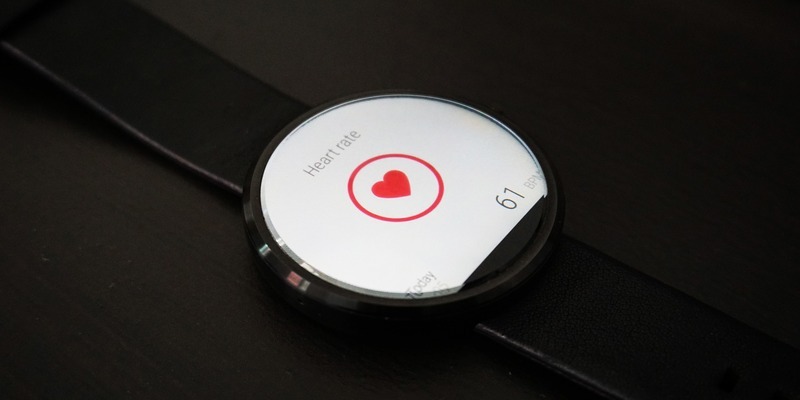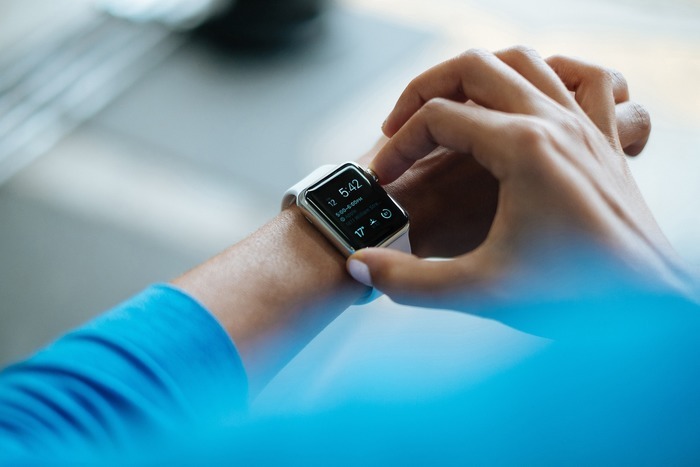
Digital disruption has seen several industries including healthcare undergo rapid changes in how things work and how they’re done. Medical professionals have quickly adopted technologies like connected medical devices to improve efficiency and realize lower operational costs.
Among these technologies are wearable devices that provide a lot of data and insights and put more power in the hands of patients and doctors. But wearable technology is just getting started, and will continue making waves in the healthcare industry, as they play a significant role through the critical information they offer.
What Is a Wearable Medical Device?

A wearable medical device is an autonomous, non-invasive device that performs a specific medical function – whether it is supporting or monitoring – for a prolonged period of time.
For patients, such information enables them to take control of the outcomes of their health. Medical practitioners, on the other hand, are also gaining more access and in-depth understanding of their patients’ behavior, and can use this to improve care.
According to a Markets and Markets report, the next three years is expected to see a $51.6 billion increase in the wearable technology market alone.
In recent years, advancements in the Internet of Things (IoT) have also seen many wearable devices move from the wellness segment, to real-time monitoring of patients.
Similarly, the availability of open-source libraries, APIs, and embedded engineering frameworks, coupled with the drop in pricing of sensors, enables fast and cost-effective development of software products.
How Wearables Are Transforming Healthcare
Wearable devices are high in demand, as they offer individuals the much-needed data and greater visibility to control their health outcomes, and make informed decisions. Today it’s possible to monitor different factors in your health, wellness, and fitness to track the progress you’re making towards your health goals.
They also help people with health conditions track health indicators, especially those that need close monitoring. This data is then shared with healthcare providers for a more detailed understanding of their patients’ conditions.
So just how are wearable medical devices transforming healthcare?
Track Patients’ Ongoing Health Concerns
Wearable devices benefit doctors as they can track their patients’ ongoing health issues, while patients can get medical advice and recommendations while on a treatment plan.
Tracking can continue while at home, or in a hospital setting, and there are many cases where patients’ lives have been saved thanks to these devices. This is especially so for those with underlying medical conditions like heart disease.
Display Patients’ Medical Records in Real-Time
With wearable medical devices, doctors don’t even need to peruse paperwork with patients’ details or look them up on a computer. Devices like Google Glass can scan barcodes like those on hospital beds and pull up patients’ medical records immediately.
For nurses, wearables like smartwatches can help them with automatic logging of events and ensuring they take patients’ vitals whenever they’re required so they don’t miss any steps.
Patient Identity Management
Accurately identifying patients is critical to healthcare delivery.
The National Center for Biotechnology Information (NCBI) reports that about 200,000 people die in the US every year owing to medical areas, with 58 percent of the deaths resulting from identification-related errors.
There are medical wearables designed to deal with this problem by improving identification of patients. The work by using RFID (radio-frequency identification) tags that contain healthcare records.
They also contain software with image-processing capabilities such that doctors need only to scan the patients’ wristbands with PDAs during checks.
This should eliminate patient misidentification and give accurate, up-to-date information on the patients’ wellbeing and help reduce such errors to zero in hospitals.
Better Diagnosis and Early Detection

Because wearable medical devices have a lot of information to offer, doctors can get the data they need in real-time to give more accurate diagnosis for their patients. They can see vitals such as heart rate, cholesterol level, calorie intake, blood sugar levels, stress levels, sleep patterns, and so much more in an instant.
Connected medical wearables are also powerful in that they help with early detection of health issues and diseases, including cancer.
Continuous Training and Education
Thanks to these smart technologies, doctors need not travel far and wide to receive training, and they don’t have to miss out on continuous education either. They can plug into live streams from their superiors, who could use wearable headsets to record and archive their practices.
Healthcare organizations can also use these devices to streamline healthcare training through remote collaboration. A good example is the Google Augmented Reality (AR) Glass that cardiac surgeons have used to navigate CT scans while performing coronary revascularization – in hands-free mode.
Crowd-Sourcing Medical Data and Knowledge
With the massive amount of relevant data that wearable devices collect on patients, healthcare professionals and practitioners can determine correlations between medical conditions. This in turn will enable them to know how to handle the cases effectively.
Conclusion
The wearable market in the healthcare industry is a dynamic one and will continue evolving over the years. IoT healthcare wearables will benefit consumers and healthcare providers as both gain information to control their health choices and behavior and give proper services respectively. In fact, they’ll even give better insight into the future status of health and the healthcare industry. The above are just a select few examples of how wearable tech will positively infiltrate and impact the healthcare industry and our lives in general.
Get the best of IoT Tech Trends delivered right to your inbox!







